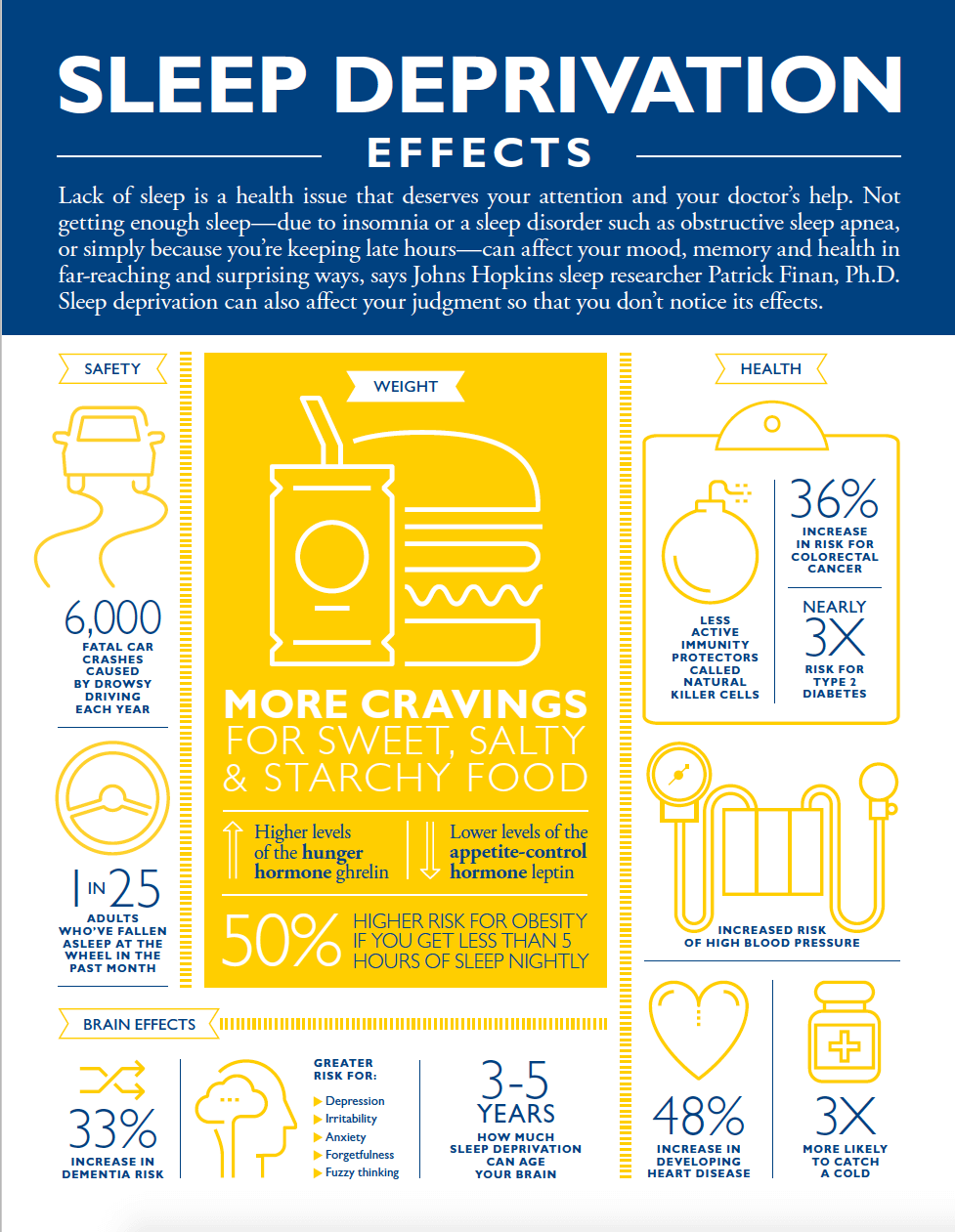Some experts recommend regular exercise together with a properly balanced diet to keep our bodies healthy. Although diet and exercise are great strategies, optimal health and wellness can only be achieved when all aspects of wellness are addressed, including getting enough sleep. Our lives are so busy that we rarely slow down to rest and when we do, well, sleep has eased on down the road. Lots of people have trouble sleeping and I am convinced that this has contributed to an increase in chronic illnesses and other issues. In this article, we will take a look at some of the problems we may encounter due to lack of sleep and identify a few strategies and tips to help us sleep a bit better. Let's Go!
How Much Sleep Is Enough?
I’m sure you’ve heard that we should be getting at least seven hours of sleep every night, however, this is an average and is therefore not cast in stone for everyone. Experts suggest that the amount of sleep we need depends largely upon which age group we fall into. Take a look here at the suggested sleep ranges by age according to the National Sleep Foundation guidelines.
· Aged 65-70+ (7 to 8 hours)
· Ages 26-64 (7 to 9 hours)
· Ages 18-25 (7 to 9 hours)
· Ages 14-17 (8-10 hours)
· Ages 1 to 2 years(11 to 14 hours)
· Ages 4 to 12 months (12 to 16 hours)
· 0 months to 3 months (14 to 17 hours)
The Effects of Sleep Deprivation
Now that that’s crystal clear🤔 let’s take a look at some of the ways we might be impacted if we do not prioritize our sleep.
Decreased Alertness -lack of sleep causes us to be less alert. It is estimated that lacking 1.5 hours of sleep is enough to cause a significant decline in our alertness and awareness. This might explain why it’s not a good idea to drive when we haven’t slept.
Moodiness- lack of enough sleep can cause us to feel stressed and moody which may; lead to lashing out at other people and getting into conflicts. This can affect your personal and professional relationships.
Poor memory –when we don’t get enough sleep, our brains may struggle with remembering things or we may have a hard time processing information, It also might cause irritability, brain fog, and anxiety. The lack of sleep is also suggested to increase our risk for dementia.
Motor Vehicle Accidents- driving after not getting enough sleep can cause an accident. This is because you are more likely to have a slow reaction time due to drowsiness. It is estimated that 6,000 motor vehicle accidents annually can be contributed to drowsy driving.
Diminished quality of life –sleep deprivation can cause us to lose motivation and interest in things that we enjoy. This may lower the quality of life and play a role in developing long-term health issues like stroke, heart attack, diabetes, and high blood pressure. In addition, lack of sleep increases the risk for other health issues such as obesity, depression, and impaired immunity.
How to Ensure You Get Enough Sleep
There are a few tricks that you can use to get on the path of achieving an adequate amount of restful sleep every night. Adopt these and you will be well on your way to achieving this awesome sleep goal!
1. Schedule your bedtime It is easy to spend your evening binging on movies which causes you to sleep late. That said, make sure that you set a specific time that you will be going to bed and be consistent with it.
2. Schedule your waking up time Similarly, it is possible to sleep late and wake up too early. Schedule a time at which you will be waking up after getting adequate rest and sleep.
3. Put your gadgets on silent mode Whether it’s your phone or tablet, ensure that you keep them on silent mode to avoid any distractions when you are asleep.
Some Final Thoughts
Having too much to do every day may cause us to take sleep for granted, however as we have seen, sleep plays a role in many areas of our lives and may also impact our longevity. Now that we have gained a bit more insight into how much sleep we need, some of the consequences of not getting enough sleep, and a few good tips for a more restful sleep, we need to put what we’ve learned into action. Just one small step could make all the difference. We need to be crystal clear that sleep is not an option but a priority and we should make lifestyle changes when necessary to ensure that our sleep is not comprised.
Lastly, please take a moment to look at the following infographic from Johns Hopkins highlighting some of the ways we might be impacted when we don’t get enough sleep. In the next blog post, we will dive a little deeper and discover additional strategies that might help us sleep better. You can read it here.








Interesting and insightful!!